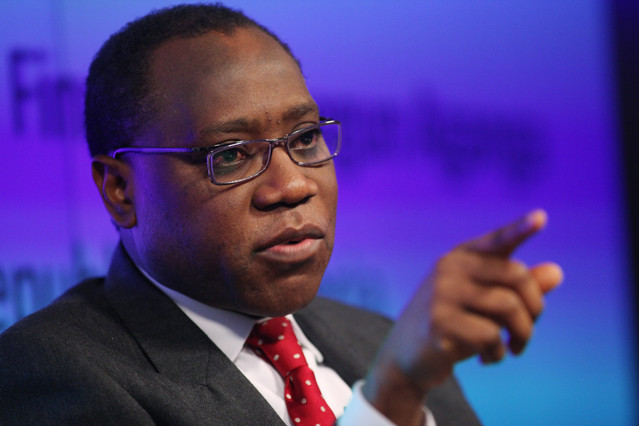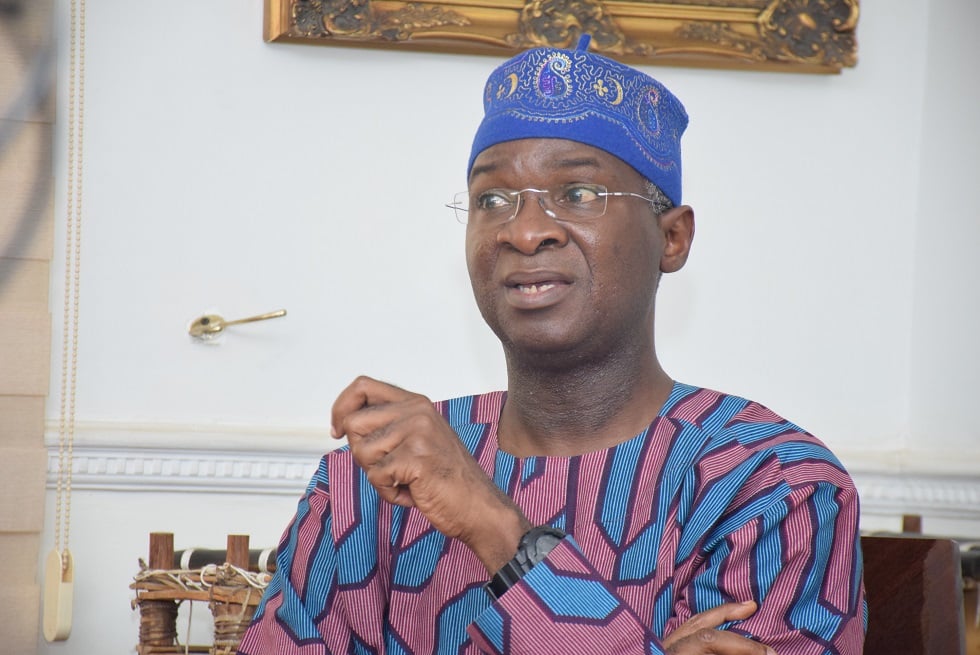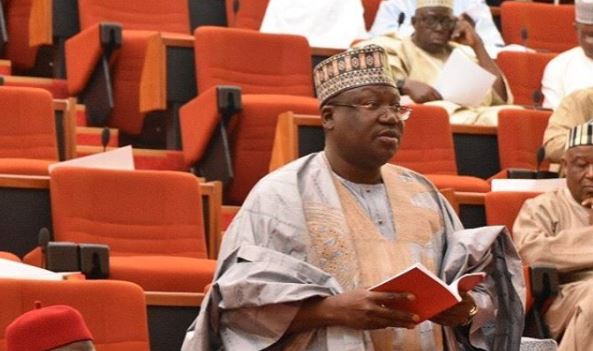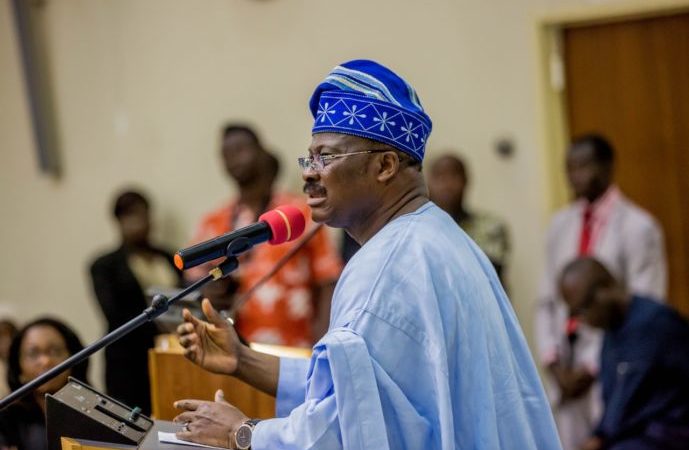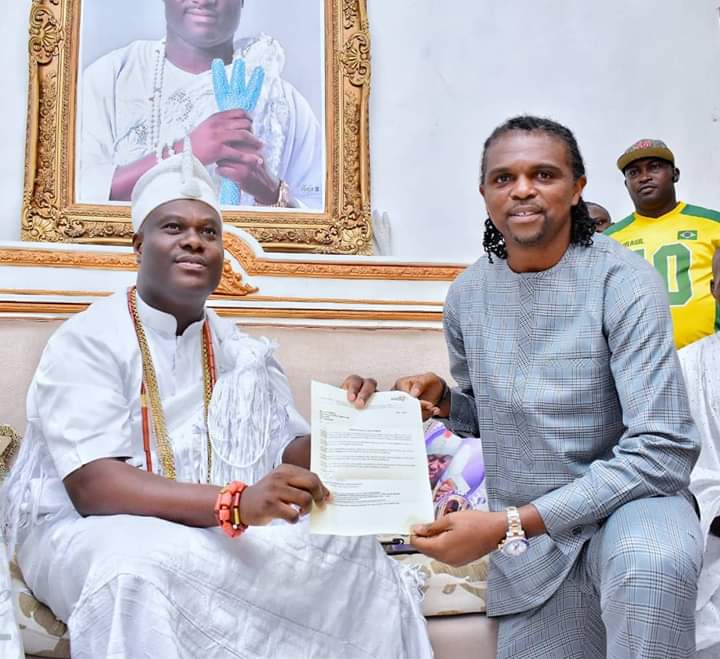Olusegun Aganga, former minister of industry, trade and investment, says he was never involved in any negotiations, scheme or discussions with anyone that resulted in the transfer of interest in Malabu.
In a statement by Yemi Kolapo, his media aide, Aganga described the claim that he was involved in the deal as “totally false and completely misleading”.
He said the the Malabu transaction took place in August 2011 when Aganga had already become a minister.
“The attention of the Office of the former Minister of Finance, and former Minister of Industry, Trade and Investment, Olusegun Aganga, has been drawn to a newspaper article, which claimed that Olusegun Aganga, and two other Ministers were involved in a scheme that resulted in the transfer of interest in Malabu (OML 245),” the statement read.
Advertisement
“This claim is totally false and completely misleading. Olusegun Aganga was the Minister of Industry, Trade and Investment from July 2011 to May 2015 and at no time was he or the Ministry involved in any negotiations, scheme or discussions with anyone on Malabu. It is simply out of the remit of the Ministry.
“Olusegun Aganga was also the Minister of Finance from April 2010 to May 2011. Again, at no time was he or the Ministry of Finance involved in any negotiations, valuation of the oil well or in the determination of the signature bonus or any other payment on Malabu.
“Such requests are approved, based on the advice of the Accountant General of the Federation. There are laid down procedures for this approval process.
Advertisement
“Based on the information made available to the public, the Malabu transaction actually took place in August 2011 when Olusegun Aganga was already the Minister of Industry, Trade and Investment.
“It would have been impossible for him to be involved in any negotiations or scheme or in advising the President on a matter, which completely falls outside the remit of the Ministry.”
OPL 245, an oilfield in the Niger Delta, is estimated in some quarters as holding about nine billion barrels of crude oil. It is considered as one of the most lucrative on the continent.
In 1998, the military regime of Sani Abacha came up with the policy of encouraging indigenous participation in the upstream sector of the oil and gas industry.
Advertisement
Oil blocks were allocated to indigenous companies at a reduced signature bonus of $20 million.
Signature bonus is a one-time fee for the assignment and securing of a licence, paid irrespective of economic success for the contractor or licensee.
On April 9, 1998, the federal military government awarded OPL 245 to Malabu Oil and Gas Ltd, which was said to be owned mainly by Mohammed Abacha, son of the Sani Abacha, and Etete, Olusegun ho was the petroleum minister at the time.
On July 2, 2001, President Olusegun Obasanjo revoked Malabu’s licence and assigned the oil block to Shell — without a public bid. Malabu went to court, but ownership was reverted to it in 2006 after it reached an out-of-court settlement with the federal government.
Advertisement
Shell fought back and commenced arbitration against Nigeria, but when President Goodluck Jonathan came to power in 2010, the controversy appeared to have been resolved with Shell and Eni agreeing to buy the oil block from Malabu for $1.1 billion.
The oil companies also paid $210 million as signature bonus to the federal government of Nigeria.
Advertisement
However, allegations of graft have bedevilled the deal, leading to the jailing of the middlemen by an Italian court in 2018.
Advertisement
Add a comment
